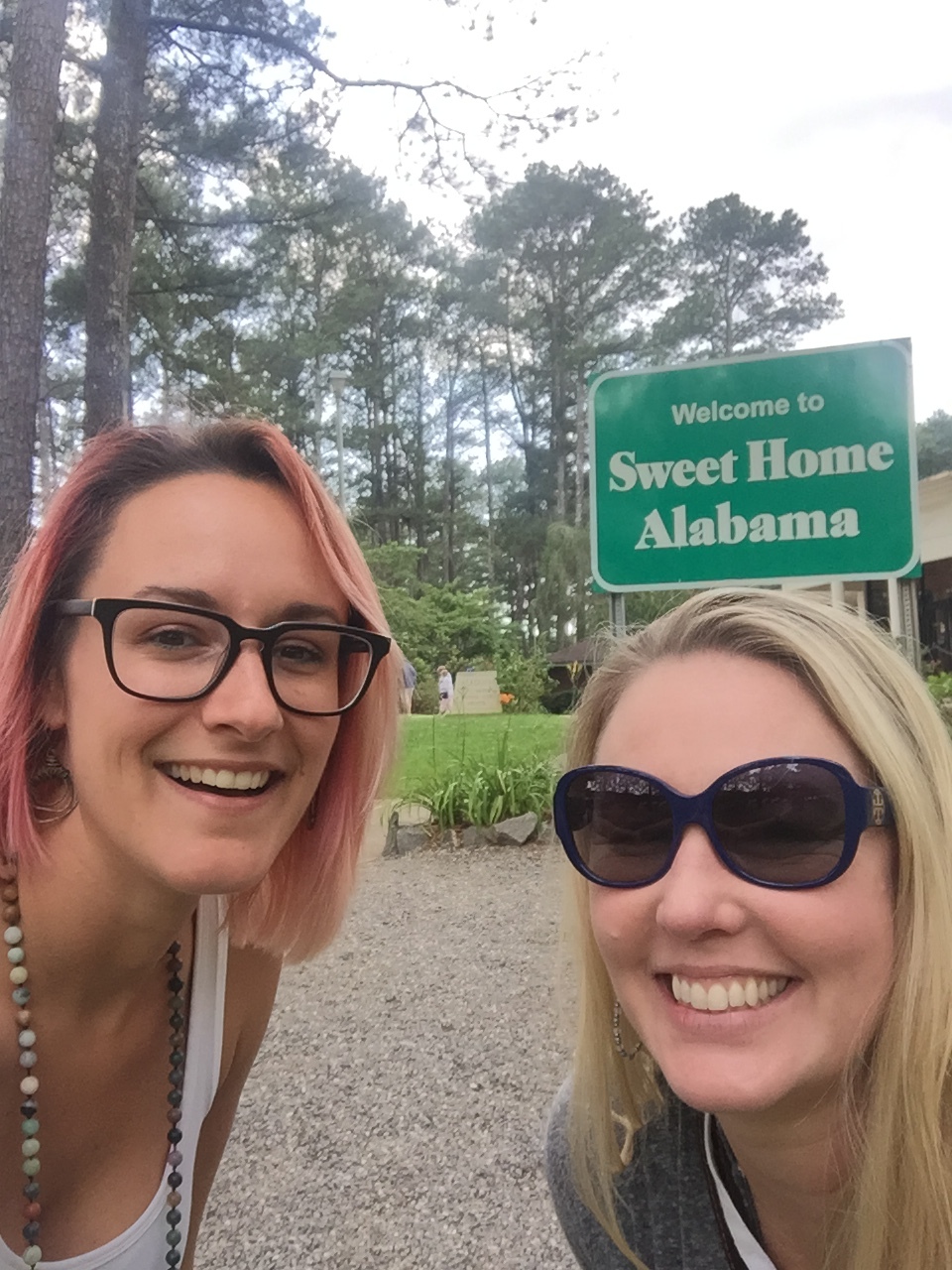2018 Reflections
2018 has been a very busy and productive year. It was probably the hardest year since I started graduate school so I think it’s appropriate to start the New Year admiring some accomplishments with gratitude. The beginning of 2018 wrapped up the pilot study that I conducted to look at the breeding system of Plumeria. Three FIU undergrad interns tested protocols for using fishing line to mimic a hawk moth’s tongue—the hypothesized pollinator of Plumeria flowers. We got lucky and had successful fruit set and so began pollinating all of the wild-collected Plumeria plants growing at Fairchild. Five more interns started working with me and we tested different treatments on over 7,000 flowers over the summer. This was a tremendous amount of work that I could not have done without them so I am very grateful for their dedication. Stay tuned for those results!
In March I completed some complicated (and really stressful!) lab work that had never been done at the lab at FTBG before and is deserving of its own blog post. In April my parents visited from NY and watched me (successfully!) defend my proposal. This outlined all of the work that I have done and will do to finish my PhD, a huge milestone for a PhD student that advances you to candidacy. I was supposed to feel relief, but all it did for me was overwhelm me. Wasting no time, in May I went to Cuba to do field collections in the Western part of the country. While I was there I gave a talk at Quinto de los Molinos Botanical Garden to some of the botanical community on my work on Plumeria throughout the Caribbean Islands. People ask me all the time which of the Caribbean Islands is my favorite, which is an impossible question because each place is unique. However, there was something about this trip to Western Cuba that was quite magical.
In May I mentored two high school BioTECH (Fairchild’s Botany Magnet school) students in the molecular lab at FTBG. They learned molecular techniques for six weeks, Monday–Friday (9am–4pm) and by the end I was thoroughly exhausted. I taught them how to extract DNA from leaves and then target specific gene regions using PCR and Cycle Sequencing. I also introduced them to next-generation sequencing. The students got many opportunities to communicate what they were learning and why it matters. Both of my interns were very shy and quiet at first and it was great to see them come out of their shells and effectively communicate complex concepts.
In June I attended a weeklong Bioinformatics Boot camp at Auburn University in Alabama. This workshop taught me how to use command line, which allows you to type text directly into your computer, passes it along to your operating system, and allows you to navigate through your computer without using a mouse. This is necessary to deal with huge amounts of data, which was the result of my March lab work. This workshop was brain numbing, but vital for me to be able to process and analyze my data, one of the most intimidating mountains of all of my graduate work. In July I attended the Botany 2018 conference in Rochester, Minnesota. I presented my work outlining my extensive field collections of Plumeria in the Caribbean Islands as well as some preliminary results from my lab work. I also attended a workshop that was specific hands-on training for the software that I use to analyze my data. The botanical community is fairly small so it was nice to re-connect with colleagues who are scattered all over the world. Listening to everyone talk about his or her research is always inspiring, and it was a nice way to wrap up the summer.
2018 was an exhausting year. I’m hoping that 2019 will be more evenly paced and I expect that it will be full of writing and hopefully publishing!
All of these accomplishments were made possible by the 2018 Phipps Botany in Action Fellowship, 2018 Garden Club of America Award in Tropical Botany, the Judith Parker Travel Scholarship, and the Kelly Tropical Botany Travel Award.








